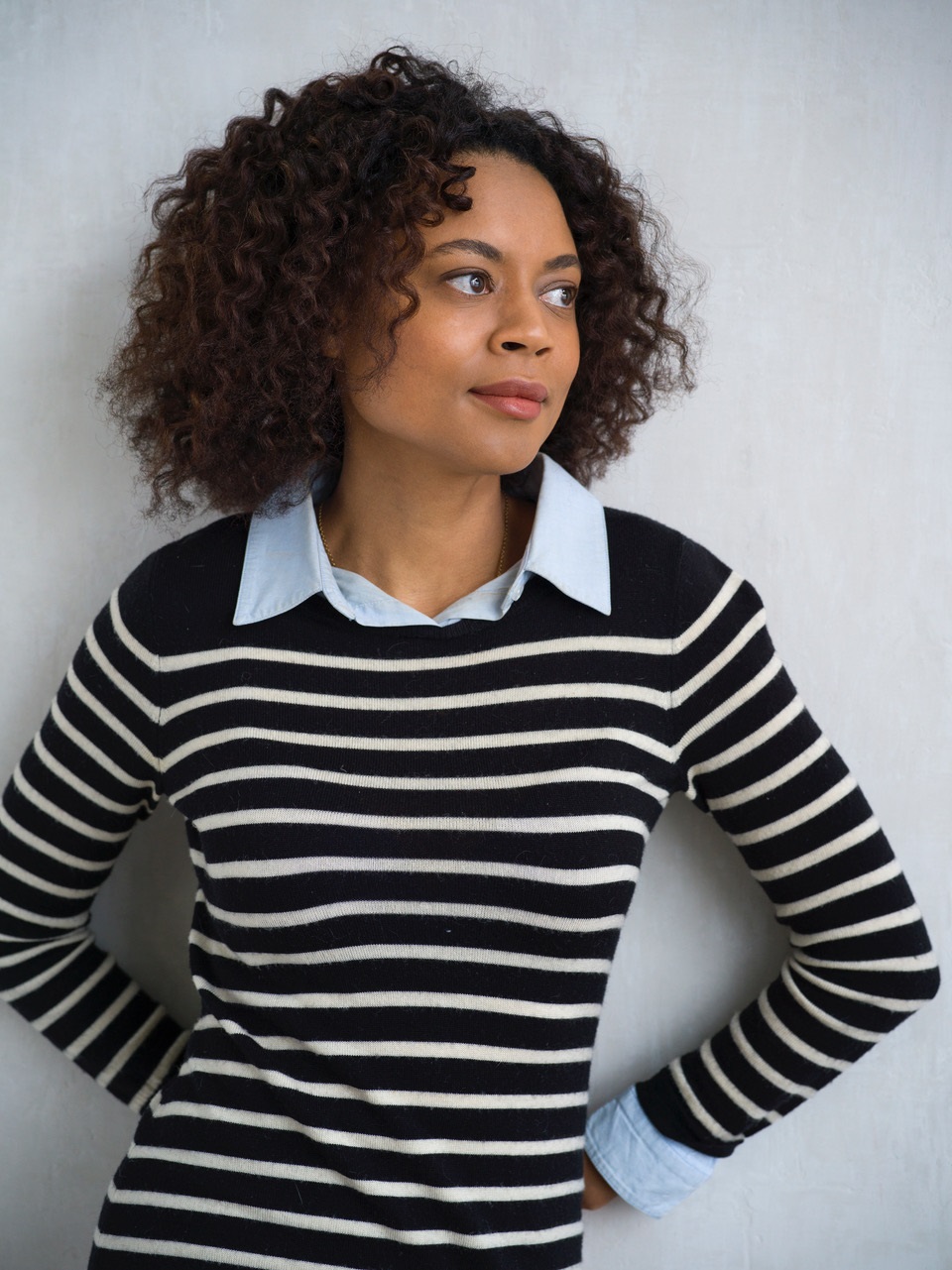 |
| photo: Nina Subin |
Sarah LaBrie is a TV writer, memoirist, and librettist. She was most recently a producer on the HBO and Starz show Minx. She has also written for Blindspotting, Made for Love, and Love, Victor. Her libretti have been performed at Walt Disney Concert Hall with music written by Pulitzer Prize-winning composer Ellen Reid. Her fiction has appeared in Guernica, Electric Literature’s Recommended Reading, and the Los Angeles Review of Books. No One Gets to Fall Apart (Harper, October 22, 2024) is a poignant memoir about the love and resilience of a mother and daughter in the midst of mental illness.
Handsell readers your book in 25 words or less:
No One Gets to Fall Apart is about the year my mother was diagnosed with late-in-life schizophrenia and our genetic legacy of mental illness.
On your nightstand now:
The Barn by Wright Thompson, about the true story of the murder of Emmett Till, which took place near where Thompson grew up. I saw the author speak at a conference and his rage and passion about what he uncovered made me want to read it the second I could.
Favorite book when you were a child:
The Hero and the Crown by Robin McKinley. It's a fantasy novel about an outcast princess who is half witch. I read it until the pages crumbled, and when I came across a copy in a Little Free Library earlier this year, I was thrilled. It felt like running into an old friend.
Your top five authors:
For nonfiction, I don't really think in terms of authors, but in books: Problems by Jade Sharma, The Recovering by Leslie Jamison, Brain on Fire by Susannah Cahalan, How to Murder Your Life by Cat Marnell, Heart Berries by Terese Marie Mailhot.
For fiction: Octavia Butler, W.G. Sebald, Shirley Jackson, Joy Williams, Franz Kafka. I like surrealist fiction that keeps me in a state of bewilderment and curiosity, because that's what being alive feels like.
Book you've faked reading:
The Idiot by Fyodor Dostoevsky. It was on the bookshelf of a guy I was dating, and I wanted to impress him. He's my husband now, so I guess it worked--plus, as far as I can tell, he never actually read it either. They say you're either a Tolstoy person or a Dostoevsky person, and I've tried and failed with Dostoevsky enough times to know which one I am.
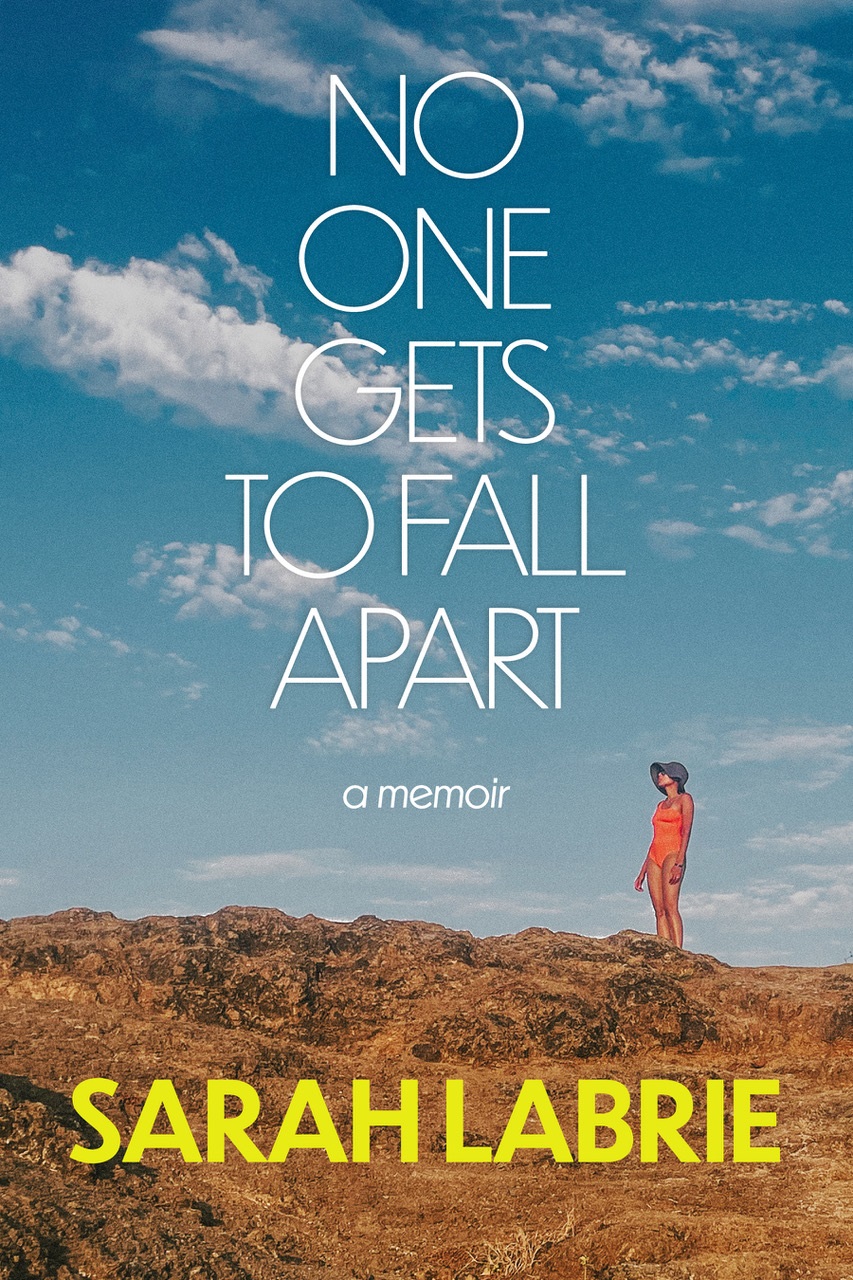 Book you're an evangelist for:
Book you're an evangelist for:
Emergent Strategy by adrienne maree brown, which is a book about how our individual actions and thoughts can lead to large-scale social change. It's similar to Mind: A Journey to the Heart of Being Human by the neurobiologist Dan Siegel. Siegel makes the point that the mind is not just the brain, but consists of our relationship with our communities and with the world.
My book is about trying to understand the past and how it creates the self. Those books both reminded me throughout the writing process that, to answer that question, I had to look outward. Because the self is not just you--it's everywhere.
Book you've bought for the cover:
Heart Berries by Terese Marie Mailhot, and thank sweet baby Jesus I did because that book taught me what was possible when it comes to writing about your own life and pain: You can be funny! You can be dark! You can be weird! You don't have to bend over backwards to give people the story you've been told they want!
Book you hid from your parents:
Delta of Venus by Anaïs Nin. I bought it at Half Price Books in Houston. I was too embarrassed to read it, so I hid it behind the bookshelf at home, which, in retrospect, was not very smart. When I went back to find it later, it was gone. No one ever said anything to me about where it went, and I wasn't in a position to ask. My guess is that my grandmother found it and got rid of it so my mom wouldn't find it and punish me.
Book that changed your life:
Schizophrenia by Orna Ophir. It's a history of the literature on schizophrenia and the eternal controversy surrounding its very existence. It helped me understand what I was dealing with when it came to trying to help my mom. Rachel Aviv also covers this controversy in her excellent book, Strangers to Ourselves.
Favorite line from a book:
"Do not the laws of natural forces always conform to the secret laws of harmony?" --Gustav Eiffel as quoted in The Arcades Project by Walter Benjamin, translated by Howard Eiland and Kevin McLaughlin.
Benjamin was a German critic and philosopher who tried to write a history of modern Paris focused on covered outdoor shopping malls. He died before he could finish it, having killed himself while trying to escape Vichy France. I found his life and work fascinating and spent years trying to write a novel about him. I failed miserably around the time my mother was diagnosed and that failure and her diagnosis were what drove me to write this memoir.
Five books you'll never part with:
Soil by Camille T. Dungy because I aspire to write books people love about our relationship to the natural world.
Duino Elegies and The Sonnets to Orpheus by Rainer Maria Rilke and translated by A. Poulin Jr. When I read Rilke's poetry, I find myself thinking, "This. This is how it feels," which is exactly the feeling I want to give anyone who reads my writing.
The Overstory by Richard Powers, which is a perfect book about trees.
The Book of Eels by Patrik Svensson, which is a perfect book about eels (and climate change).
Conversations with Octavia Butler (edited by Consuela Francis), a book of interviews full of gems and insights that double as writing prompts.
Book you most want to read again for the first time:
I mainlined all of James Baldwin's essays in graduate school, and I remember feeling like my brain was opening up, like something in me was unfurling, becoming freer, as I read them. I loved that feeling.
Five great new (or new-ish) books you've read this year:
Everything/Nothing/Someone, which is a fantastic book about dissociative disorder by Alice Carrière; Beautiful Days by Zach Williams, which is a book of funny, dark short stories that remind me a lot of Joy Williams; Everything's Fine by Cecilia Rabess, which is a very funny novel about class striving and perfect if you like love the HBO show Industry, which I do; Rejection by Tony Tulathimutte, which is hilarious and smart about technology. I managed to get an early copy and forced everyone I know to read it, which left me feeling incredibly validated when it was recently longlisted for the National Book Award; Whiskey Tender, a coming-of-age memoir by Deborah Taffa about leaving her family's reservation and the Indigenous civil rights movement. It's one of the best books I've come across this year, and I think everyone in the country should be required to read it.
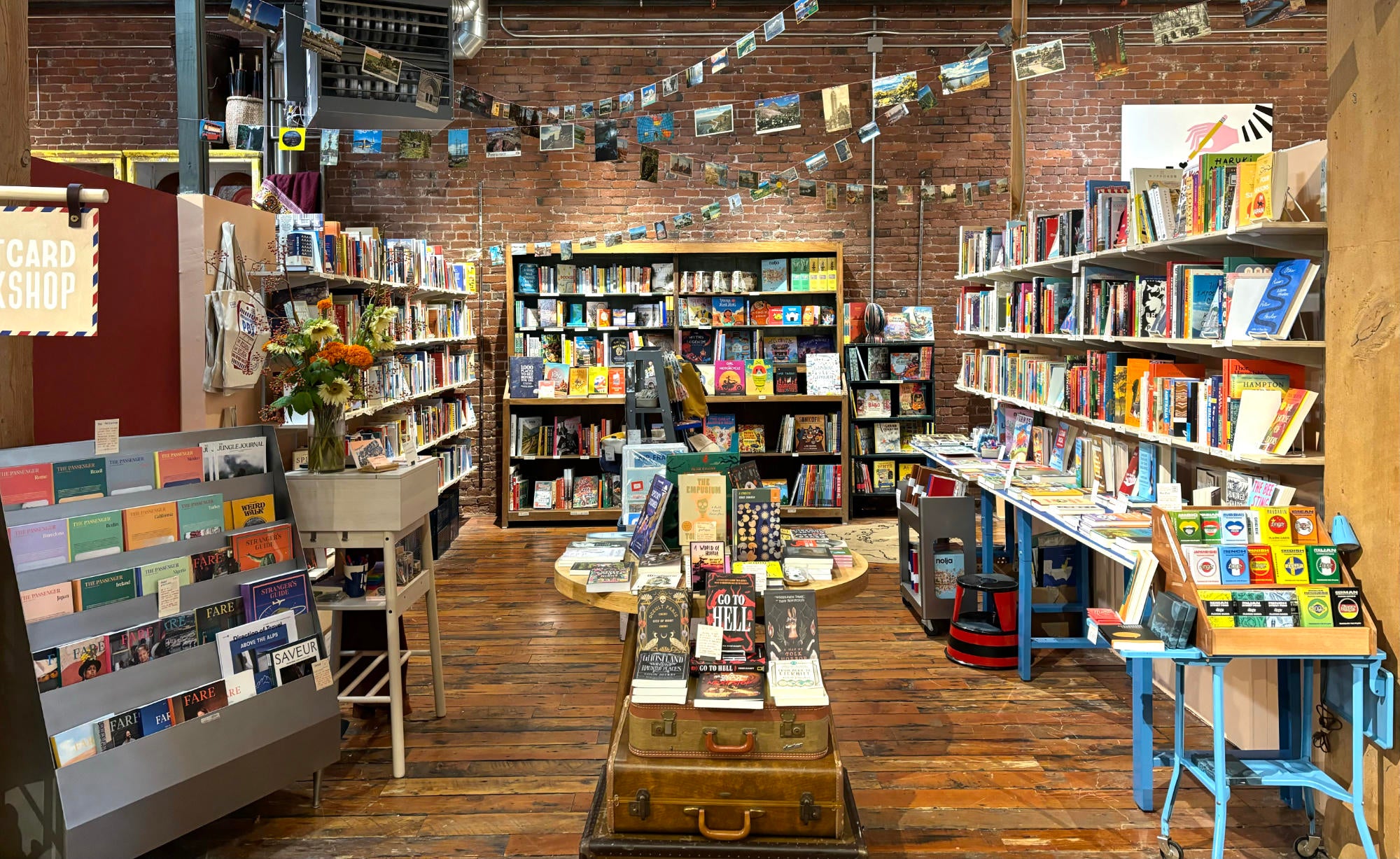 Postcard Bookshop, a bookstore dedicated to travel and tourism, opened recently in the Cargo Inc. marketplace at 81 S.E. Yamhill St., Portland, Ore. Owner Patrick Leonard told the Portland Business Journal he wanted to create an educational space for people to access travel guides, international literature, cookbooks and more when learning about a new region and planning trips.
Postcard Bookshop, a bookstore dedicated to travel and tourism, opened recently in the Cargo Inc. marketplace at 81 S.E. Yamhill St., Portland, Ore. Owner Patrick Leonard told the Portland Business Journal he wanted to create an educational space for people to access travel guides, international literature, cookbooks and more when learning about a new region and planning trips.






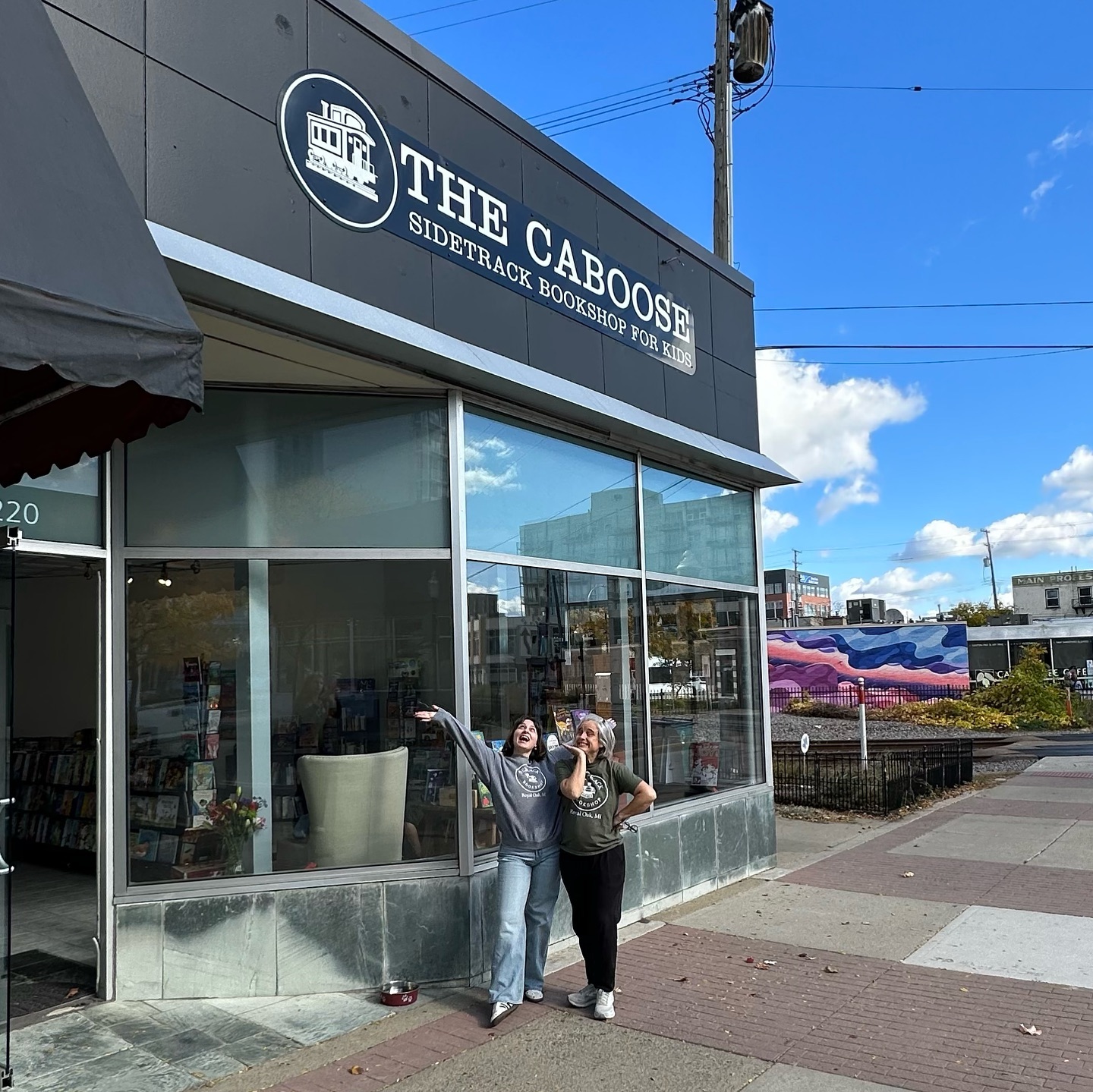

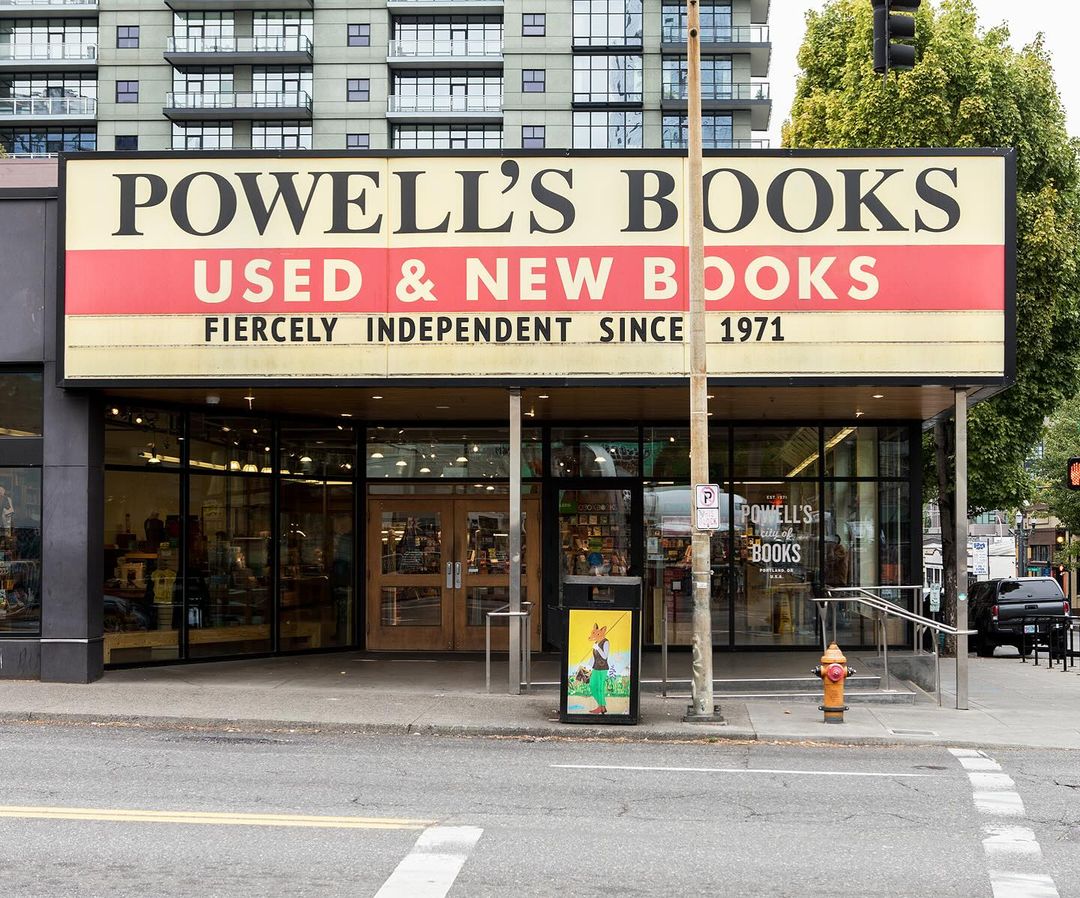 A reorganization and renovations are underway at
A reorganization and renovations are underway at  WH Smith total group
WH Smith total group  The State of Publishing in Canada 2023 has been released, marking the eighth edition of BookNet Canada's industry survey. Offering a
The State of Publishing in Canada 2023 has been released, marking the eighth edition of BookNet Canada's industry survey. Offering a 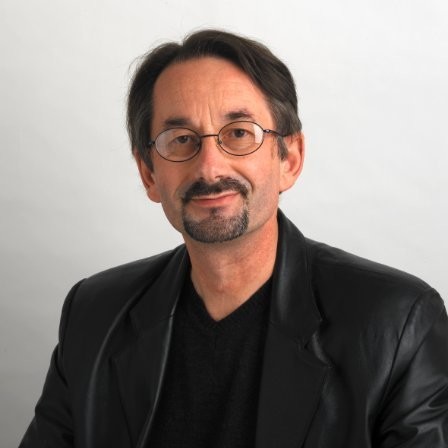 Jean-Luc Treutenaere,
Jean-Luc Treutenaere, 


 Book you're an evangelist for:
Book you're an evangelist for: In Erika Krouse's fourth book, the sparkling short story collection Save Me, Stranger, chance meetings prompt realizations and momentous choices.
In Erika Krouse's fourth book, the sparkling short story collection Save Me, Stranger, chance meetings prompt realizations and momentous choices.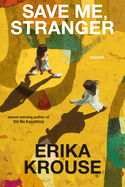
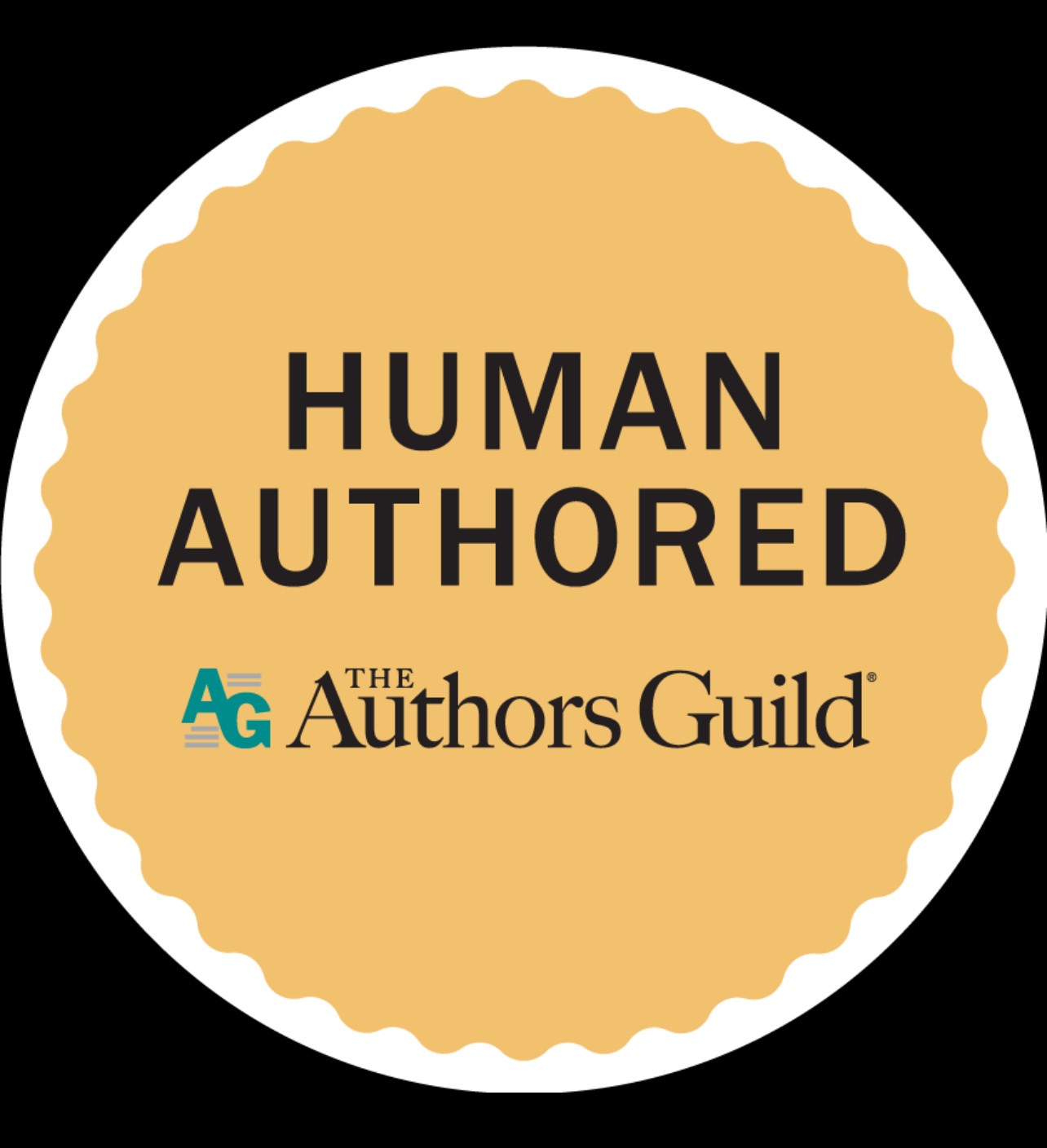 Last month, the Authors Guild announced it would offer its 15,000 members a new, "
Last month, the Authors Guild announced it would offer its 15,000 members a new, "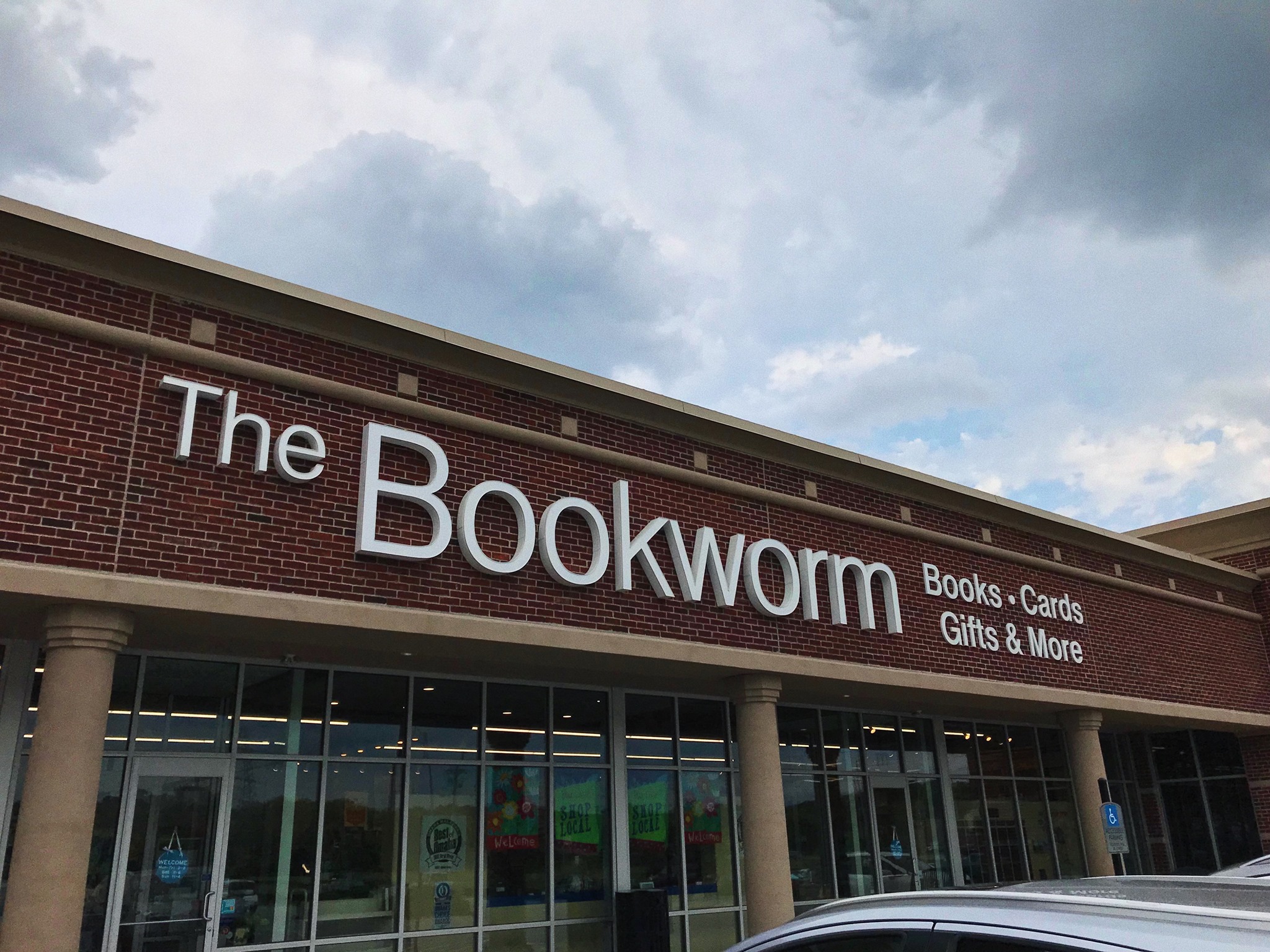 Osborn said he shows that book to customers who ask to special order a title that raises red flags, including low page count and a lack of author information online, adding that mass-produced AI is flooding online marketplaces. He also noted that some books in the store have AI-generated cover art. "AI can only go off what already exists," Osborn said. "The whole part of art... is to create new things."
Osborn said he shows that book to customers who ask to special order a title that raises red flags, including low page count and a lack of author information online, adding that mass-produced AI is flooding online marketplaces. He also noted that some books in the store have AI-generated cover art. "AI can only go off what already exists," Osborn said. "The whole part of art... is to create new things."